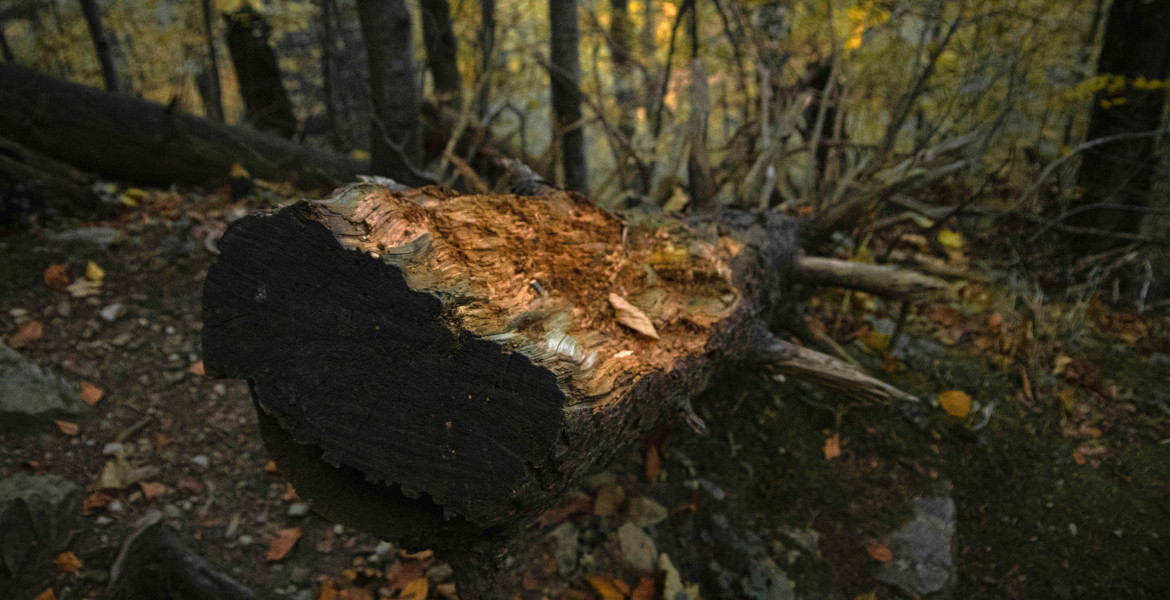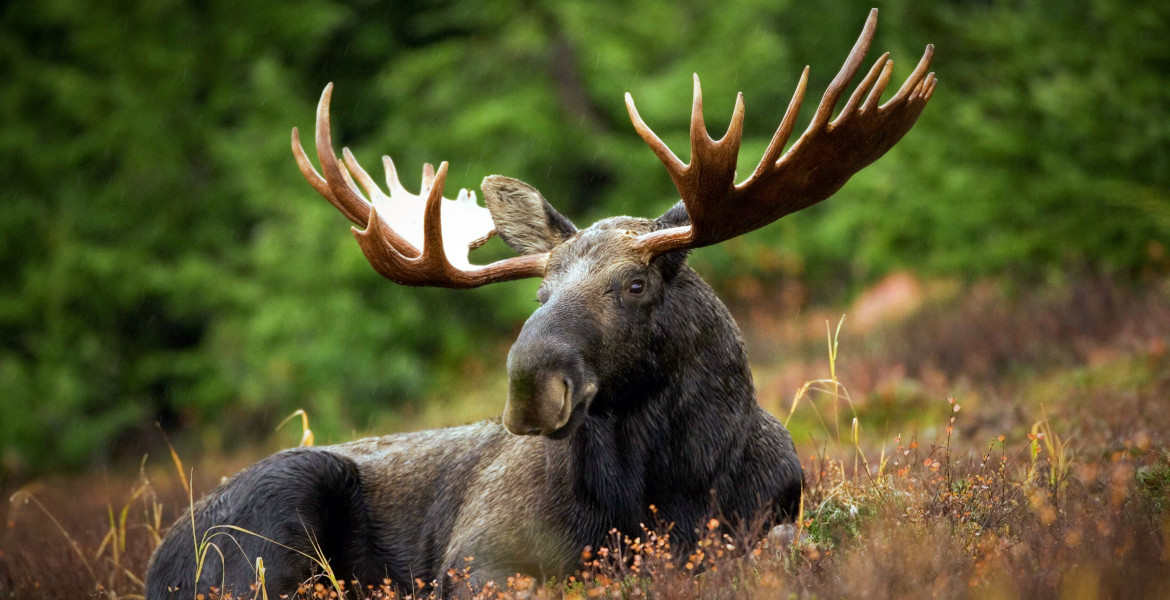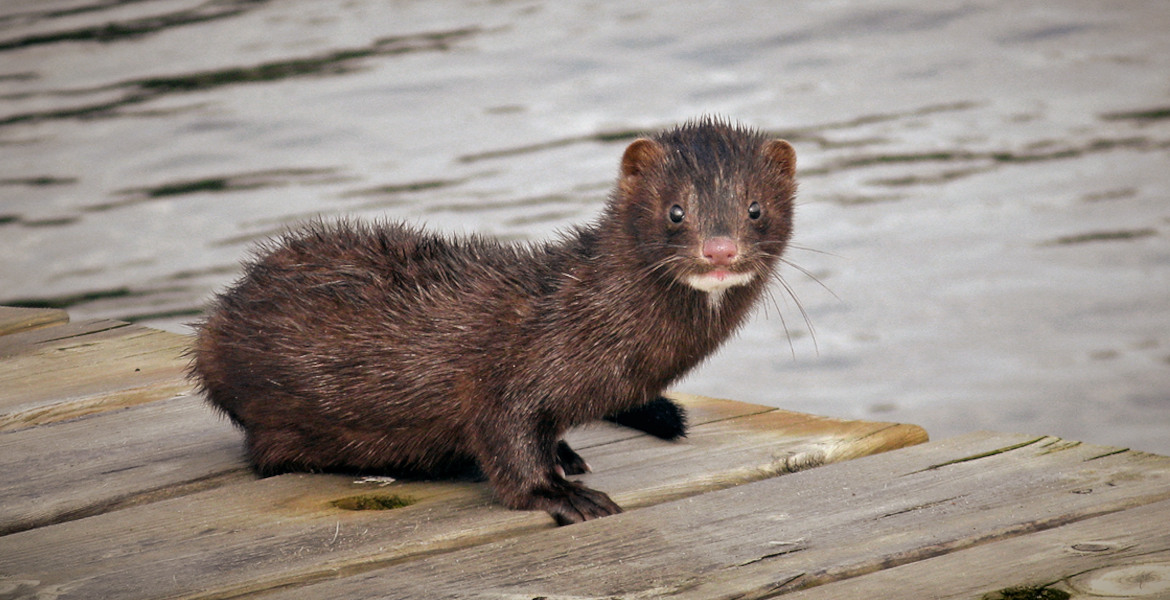1500 cows will be kept indoors for 18 months to study how they are affected. One of the reasons for this is that the Swedish Farmers’ Union (LRF) has been working for some time to remove the grazing rights that exist in Sweden for cows, and together with Växa Sverige has succeeded in obtaining approval for the study from the Uppsala Animal Experimentation Ethics Committee.
Already in 2021, the association Växa Sverige together with LRF applied to start a study to investigate how it affected 2500 cows to be kept inside for a longer period, even during the grazing period. The application was made to the Gothenburg Animal Experimentation Ethics Board, which immediately stopped the project. The motivation for this was that it was noted that it was already known that cows benefit from being outdoors, through previous research, and that it was therefore not justified to expose the animals to suffering in order to investigate something that was already known, and which could not contribute to improvements for animals in the future.
In January this year, a new application was submitted, but this time to the Uppsala Animal Experimentation Ethics Board, where the number of cows was reduced to 1500. The study would involve the cows being indoors 24 hours a day for 18 months. The purpose has been stated to be to “investigate whether, and if so how, the welfare of dairy cows changes month by month during an 18-month period of housing”, writes Djurskyddet, which has taken note of the application.
The reasoning is that the study should be carried out because Sweden should increase its self-sufficiency in dairy products, but that current grazing rules have a negative impact in some cases. While the Board said that “the benefits of the study could outweigh the suffering of the animals”, it also considered that “the applicant does not convincingly demonstrate this” and therefore rejected the application.
In April, a third application was made, this time to the Uppsala Animal Experimentation Ethics Board, where, at the Board’s request, the application was amended and made more specific.
The application has now been approved, which means that 1500 cows on Swedish farms will be kept indoors in loose housing for 18 months, including during the summer months. Seven herds have currently been recruited, says Växa Sverige in a press release. These are located in Västra Götaland, Jönköping, Kalmar, Gävleborg and Uppsala counties. They will then see how the cows are affected by this and predict that this will have a major impact on Sweden’s future milk production.
– As the person in charge of the study, I am pleased that the Board has thoroughly examined our application and reached the same conclusions as we did about the current lack of knowledge, says Fredrik von Unge, Vana’s trial manager.
For some time now, Sweden has had a law that allows cows to come out during the summer and have so-called “grazing rights”. As early as 2020, LRF started a campaign against removing the cows’ ability to graze and argued that they should instead be kept indoors, as reported by Natursidan. The association has been heavily criticized for this, with organic farmers saying it was “shameful”. Even the Christian Democrats and the Moderates have, for example, in a survey from Djurskyddet in 2022, responded that they are in favor of abolishing the grazing right.
– We hope that the study provides a clear and scientific basis for good animal husbandry throughout the year. For one thing we have known for a long time: healthy and well-behaved animals produce more and better, says Peter Kofoed, head of LRF Mjölk.
The results of the study are expected to be available in 2024.








